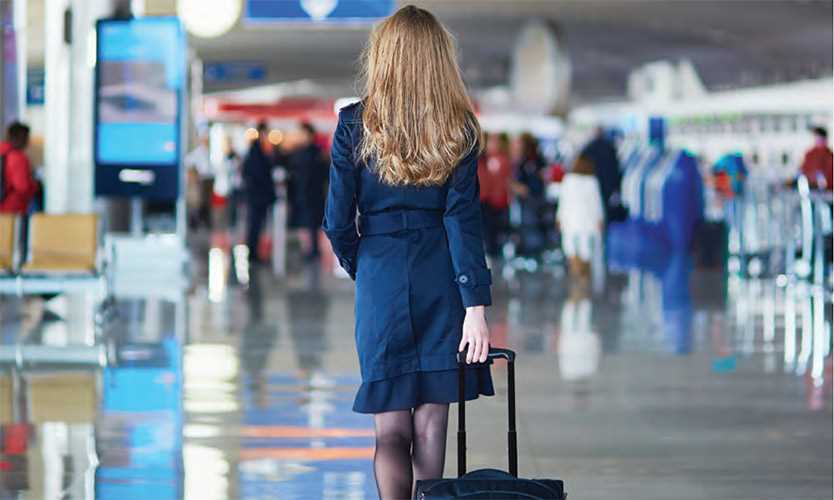Workers assume injury risk for personal errands
Reprints
The outlook for workers compensation is less murky for traveling employees under certain circumstances, according to experts who say the personal-business threshold is clearer when the worker abandons their employment while traveling.
In other words, if the person does something outside of the scope of “reasonable and foreseeable” activity, it would not fall under comp, as put by Jennifer J.C. Kelly, a partner with Anesi, Ozmon, Rodin, Novak & Kohen Ltd. in Chicago.
Sightseeing is one example often cited.
“If you go to the museum or go jogging on the beach, it’s not compensable,” said Jeffrey M. Adelson, a Santa Ana, California-based managing partner for the law firm Adelson, Testan, Brundo, Novell & Jimenez.
Another common scenario is the worker who drives from their hotel to visit a family member or a friend who lives close, according to legal experts.
“It has to be a reasonable and foreseeable activity and that would be the distinction,” Ms. Kelly said, adding that visiting a neighboring town, for example, might not make the cut for a workers comp claim if the worker is in a car accident.
Another scenario that can clear the outlook for a workers comp claim is the employee’s pay and whether a union is involved, according to Paul Braun, Los Angeles-based managing director for Aon Risk Solutions, who said injuries while traveling could be covered in a union contract.
“If they are being paid the whole time, then they are on duty the whole time,” he said. “If they are unionized, it’s usually in the contract.”
Read Next
-

Comp rules vary for traveling workers
The state where a traveling employee such a flight attendant, truck driver or salesperson is based has more to do with a potential workers compensation claim than the circumstances of an injury itself, according to experts who say employers need to know the rules of their states and make clear to employees the risks of getting injured while traveling.